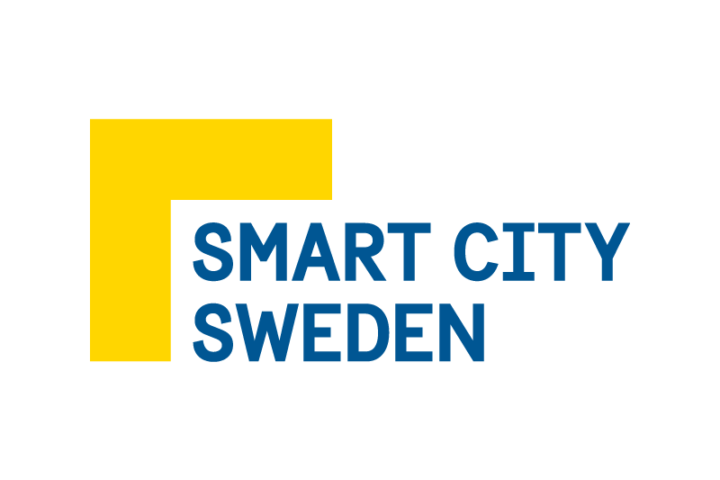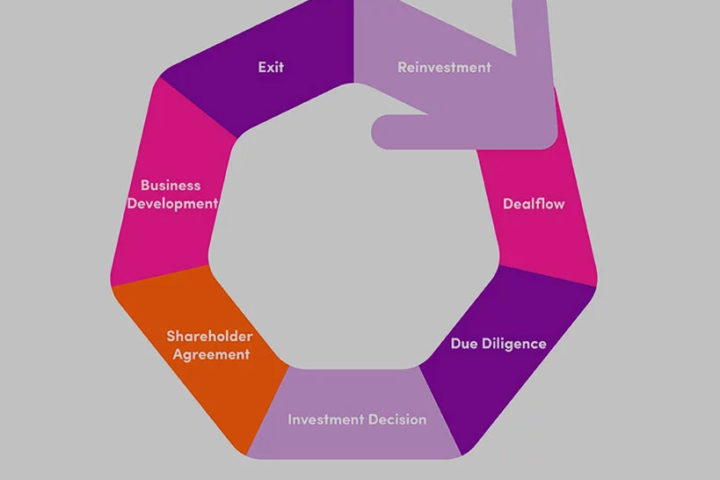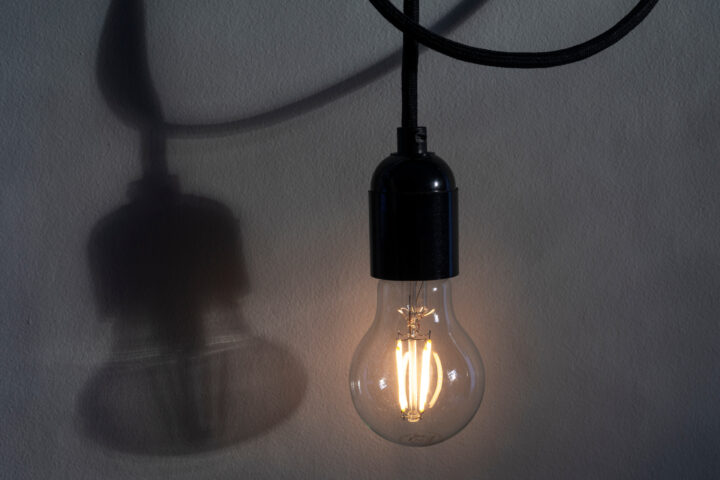Send us a request to get your company listed on Swedish Cleantech.
Find Swedish Cleantech companies
Vertisà
Cities can become more sustainable by expanding the green zones but the cities’ areas are limited. Vertisà’s module for vertical cultivation has an integrated watering system which uses 20% less water since it only uses the exact amount of water that the plant needs. The module saves water and also has lower costs of installation and maintenance.
Boreal Orchards
Boreal Orchards is a technology scouting, development, and integration company, active within adaptive agriculture and cellular agriculture sectors. We provide consultancy services, as well as develop and commercialize proprietary technology and know-how based on cutting edge science and long-standing practical experience within the biotech and agroforestry sectors, with a focus on the Boreal region and its specific challenges and growth potential.
Inpipe Sweden
Inpipe Sweden offers innovative, strong, flexible, and environmentally friendly solutions for renova-tion of underground pipes without digging – so-called No Dig renovation. Our products contribute to a better environment and cost-saving solutions for cities to renovate and maintain their sewage sys-tems. With 35 years of experience and continuous development of new, better, and more environ-mentally friendly solutions, we are today the Nordic region’s largest manufacturer of fiberglass rein-forced liners and installation equipment for this purpose.
IGF Biogas AB
For more than 30 years, IGF biogas has delivered innovative products for gas management to municipalities and companies. The company is investing in local production of biogas, where food producers and agriculture around the country are given the opportunity to locally convert biological waste into energy.





